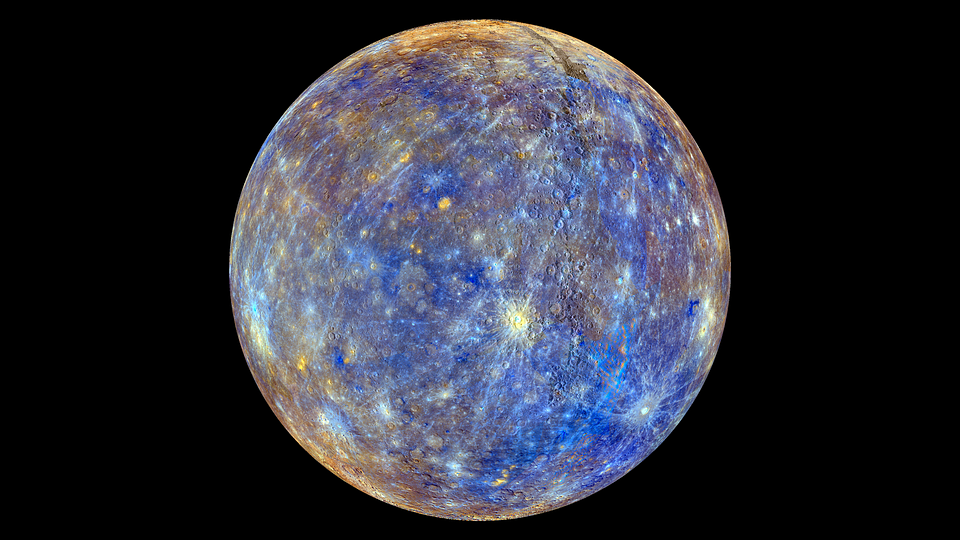How not to fall for April Fools 2020
by Scott Dutfield · 29/03/2019

Are you tired of waking up on 1 April and being sucked into an April Fools prank, or getting hoodwinked with a vaguely plausible 'fact'? Then arm yourself with knowledge and trounce those tricksters. Take the How It Works April Fools test and avoid falling for these common misconceptions.
Science

How long does it take to digest chewing gun?
Correct
It can take on average between one to three days for food to go all the way through your digestive system, but legend has it that gum stays in there for seven years! Luckily for any accidental gum swallowers, this simply isn’t true. So what exactly does happen to chewing gum when we swallow it? The chewy part of chewing gum is made of tough stuff — a natural or synthetic rubber base that even the digestive system can’t break down, able to withstand the stomach’s acid and the intestines’ digestive enzymes. But most other components, including sweeteners and flavourings, can be broken down. This means the body can deal with it, so the gum will eventually move towards the exit in a few days. If you swallow something smaller than two centimetres in diameter, chances are it’ll be able to squeeze out. And gum has the added benefit of being soft. There have been rare reports of children with gummed-up intestines, but they had swallowed vast quantities of the sticky stuff. Even so, chewing gum has no nutritional benefit, and can be a choking hazard, so you are still advised to spit it out.
Incorrect, try again
Incorrect, try again
Environment

How long is the memory of a goldfish?
Incorrect, try again
Correct
‘You’ve got the memory of a goldfish’ is something often heard over your shoulder while you’re hunting for a bundle of misplaced keys. This myth began when humans decided to take these orange iridescent fish as pets. Some think that the myth originated as a justification for keeping fish in small tanks. By the time they had done one lap of the bowl it would be a new experience going around the second, then the third time, and so on. However, studies have shown this to be untrue. Research has revealed that goldfish can remember food locations and even the people who feed them. Just think, when you go to feed your goldfish, do they come up to greet you? One study by The Technion – Israel Institute of Technology conducted a fascinating study to test out this myth. The research team trained captive fish to associate a particular sound with that of feeding time. They continued this for a month before releasing them into the wild. The fish were left in the wild for five months, the sound was then played again and the fish that remembered the association between the sound and food came back. So the next time you lose your keys, try asking the goldfish.
Incorrect, try again
Transport

"Airbags kill more people than they save"
Incorrect, try again
Correct
There’s no doubt that airbags save lives by reducing the impact of a crash, but there is still a rumbling of urban myths surrounding these road safety devices. You might have heard that airbags kill more people than they save, but this is incorrect. They generally only cause injury if they’re used incorrectly. The National Highway Traffic Safety Administration estimates that between 1987-2015, a total of 44,869 lives were saved. While, between 1990-2008, more than 290 fatalities had occurred. So, unless you ignore safety guidelines, it is much riskier to drive a car that’s not fitted with airbags than one that is.
History

How tall was Napoleon?
Incorrect, try again
Correct
Despite conquering much of Europe single-handedly, Napoleon Bonaparte is almost as well known for his short stature. But, in reality, the emperor of France was around five foot, 6.5 inches (1.69 metres) tall, making him above average height for men in both France and England at that time. When he died in 1821, Napoleon was measured to be five foot, 2 inches(1.57 metres) tall. Unfortunately for the deceased, this was taken in French feet and inches, which were slightly larger than English measurements. In the early 19th century the metric system was not yet used universally, meaning there was no standarised measurement. When interpreted as English feet, Napoleon’s height was therefore mistakenly recorded as being over four inches shorter. However, even before his death the emperor had been mocked for his supposed tiny size. Another source of this myth is found in the British press of the period. Newspaper columns roundly criticised Napoleon, printing caricatures depicting him as a tiny child throwing temper tantrums. This impression was aided by his nickname Le Petit Caporal’ (the little corporal) among his troops, and the fact his personal bodyguard, the Old Guard, had a minimum height requirement of six feet (1.8 metres), towering above him by comparison. This myth has proven so persuasive that a theoretical condition was named after the emperor’s supposedly short stature. The ‘Napoleon complex’suggests that shorter-than-average men become more aggressive, seek more attention in social gatherings and possess greater ambition than average-height or tall men. Experts still question the accuracy of this, but what’s certain is that Napoleon was by no means vertically challenged.
Incorrect, try again
Space

How hot is Mercury?
Correct
Mercury is the closest planet to the Sun, so surely it should be the hottest planet, right? Well, not quite, and the reason why is rather interesting. The hottest planet in the Solar System is actually Venus, with an average surface temperature of 462 degrees Celsius. But, Mercury reaches highs of ‘only’ 427 degrees Celsius. The reason for this difference is that Venus, unlike Mercury, has a thick atmosphere. Instead, Mercury possesses a thin exosphere made up of atoms blasted o its surface by solar wind and micrometeoroids. While Mercury heats up in direct sunlight, things get hotter on Venus, where the mainly carbon dioxide atmosphere traps the Sun’s heat in a runaway greenhouse effect. Scientists think that Venus may once have actually had shallow-liquid water oceans and habitable surface temperatures, but exposure to sunlight caused the ocean to evaporate, and with no water vapour remaining, the planet’s atmosphere has thickened and its temperatures have risen.
Incorrect, try again
Incorrect, try again
For more science and technology articles, pick up the latest copy of How It Works from all good retailers or from our website now. If you have a tablet or smartphone, you can also download the digital version onto your iOS or Android device. To make sure you never miss an issue of How It Works magazine, subscribe today!






